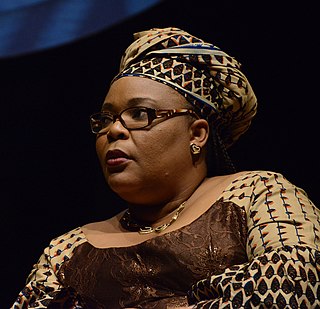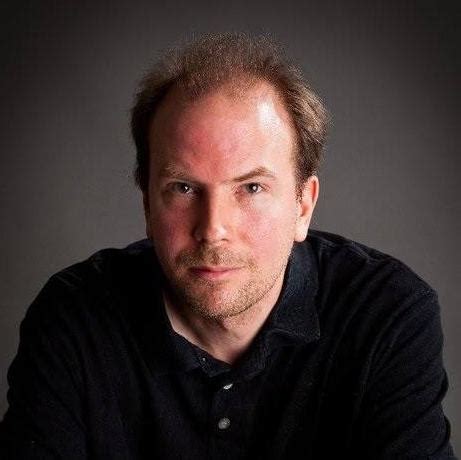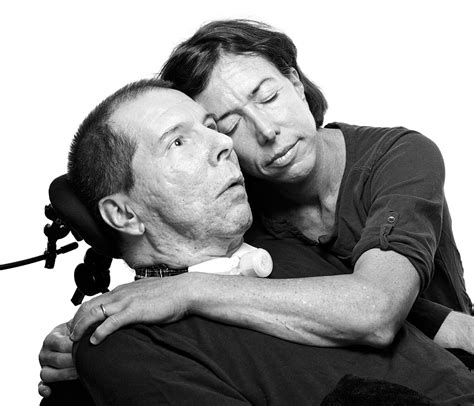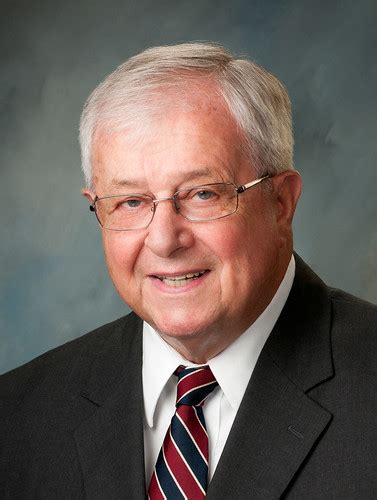A Quote by Vera John-Steiner
To think, it seems to me, is to hold an idea long enough to unlock and shape its power in the varied contexts of shared human knowledge.
Related Quotes
Of a truth, Knowledge is power, but it is a power reined by scruple, having a conscience of what must be and what may be; whereas Ignorance is a blind giant who, let him but wax unbound, would make it a sport to seize the pillars that hold up the long-wrought fabric of human good, and turn all the places of joy as dark as a buried Babylon.
Something which is against natural laws seems to me rather out of the question because it would be a depressive idea about God. It would make God smaller than he must be assumed. When he stated that these laws hold, then they hold, and he wouldn't make exceptions. This is too human an idea. Humans do such things, but not God.
I think that metaphor really is a key to explaining thought and language. The human mind comes equipped with an ability to penetrate the cladding of sensory appearance and discern the abstract construction underneath - not always on demand, and not infallibly, but often enough and insightfully enough to shape the human condition. Our powers of analogy allow us to apply ancient neural structures to newfound subject matter, to discover hidden laws and systems in nature, and not least, to amplify the expressive power of language itself.
In some contexts in Pakistan maybe a beard is negative. It depends. And in some contexts in America maybe a beard is positive. I think there's certainly lots of hipster communities where having a beard makes me look a little bit less like a, you know, middle-aged fuddy-duddy. And there's some places in Pakistan where having a beard, you know, certain corporate contexts, certain social contexts, where it's not an advantage to have a beard.
We should not be content to say that power has a need for such-and-such a discovery, such-and-such a form of knowledge, but we should add that the exercise of power itself creates and causes to emerge new objects of knowledge and accumulates new bodies of information. ... The exercise of power perpetually creates knowledge and, conversely, knowledge constantly induces effects of power. ... It is not possible for power to be exercised without knowledge, it is impossible for knowledge not to engender power.
It seems to me that our problem has a lot less to do with the mechanics of solar power than the politics of human power—specifically whether there can be a shift in who wields it, a shift away from corporations and toward communities, which in turn depends on whether or not the great many people who are getting a rotten deal under our current system can build a determined and diverse enough social force to change the balance of power.

































